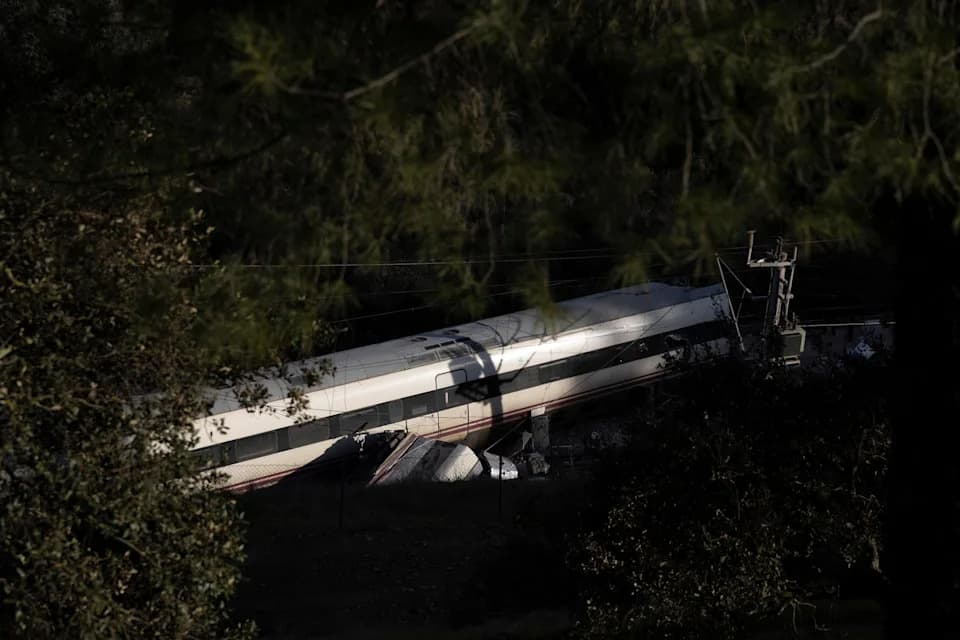In Reconciliation, former King Juan Carlos I blends personal confession with historical eyewitnessing, revisiting his role in Spain’s transition from dictatorship to democracy and detailing private regrets. He confronts scandals — notably the 2012 Botswana hunting trip and a controversial payment from Saudi Arabia — and revisits the accidental 1956 death of his brother Alfonso. Writing from exile in Abu Dhabi, he expresses a deep desire to reconcile with his son, King Felipe VI, and to return to Spain.
Juan Carlos I’s 'Reconciliation': A King’s Reminiscences, Regrets and Hope to Return

Overview
In a 500-page memoir titled Reconciliation, former Spanish king Juan Carlos I mixes wide-ranging historical recollection with candid personal confession as he seeks to repair family and national ties. The 87-year-old, writing from self-imposed exile in Abu Dhabi and co‑authored with French writer Laurence Debray, revisits decisive moments in Spain’s recent past while acknowledging scandals and private grief that shaped his later life.
From Franco’s Bedside to Democratic Transition
Juan Carlos recalls being appointed by General Francisco Franco as his successor and later being widely credited with helping to steer Spain toward democracy after Franco’s death. He describes an intimate encounter at the dictator’s bedside in which Franco took his hand and urged him to keep the country united. The former monarch also recounts his public role during the 1981 coup attempt, when he donned a general’s jacket and appeared on television to order the rebellious soldiers back to their barracks.
"There is not one day when I'm not overcome by nostalgia... It's like I've got Spain under my skin," he writes from Abu Dhabi.
Scandals and Regrets
Juan Carlos addresses episodes that damaged his reputation and accelerated his retreat from public life. He writes frankly about the 2012 hunting trip to Botswana — during which he broke his hip while in the company of Corinna zu Sayn-Wittgenstein (also known as Corinna Larsen) — which was perceived as an extravagance during Spain’s economic crisis. He calls the episode unfortunate and admits it left him a "wounded man."
The memoir also confronts the revelation of a large payment from Saudi Arabia’s late King Abdullah, which Juan Carlos describes as a "serious mistake." After details of that payment became public in 2020, the former king left Spain for the United Arab Emirates in order not to be a distraction to his son, King Felipe VI; his wife, Queen Sofia, remained in Spain.
Personal Loss and a Lonely Childhood
The book explores the personal pain that accompanied his public life, including his isolated upbringing after being brought back to Spain from his family’s exile at age 10. He revisits the accidental death of his younger brother Alfonso in 1956, when a stray bullet discharged from a pistol struck the teenager during a moment the brothers later described as "playing." Juan Carlos notes the incident was never fully investigated and remains a source of lasting sorrow.
Desire to Reconcile
Throughout the memoir, Juan Carlos expresses a consistent longing to mend relations with his estranged son, King Felipe VI, and to return to Spain. He says he hopes to be buried there with honours and repeatedly frames his recollections as an effort to come to terms with his public achievements and private mistakes.
About the Book
Reconciliation was compiled with the help of Laurence Debray, who interviewed the former king over two years in Abu Dhabi. The memoir has been published in French and is scheduled for a Spanish release next month. Debray describes the account as candid: "He says publicly that there are things he regrets," and she calls the narrative "History with a capital 'H', but described from within, from his personal point of view."
Help us improve.




























